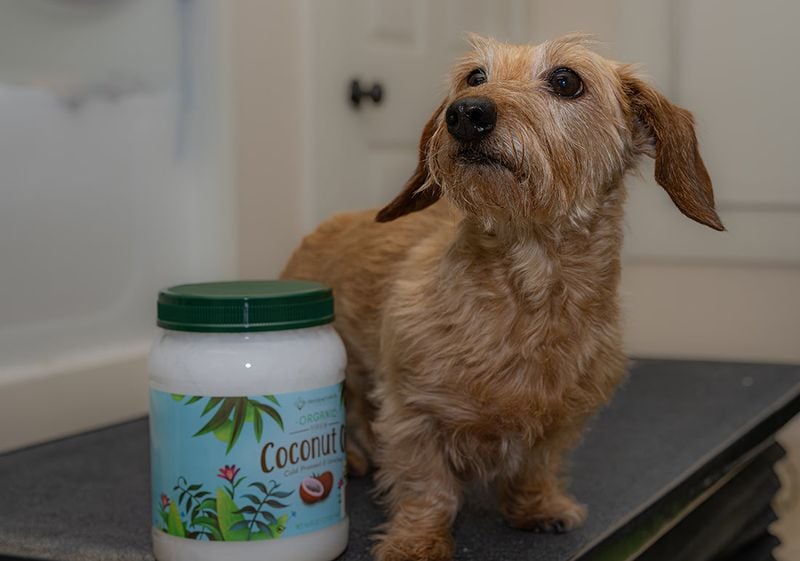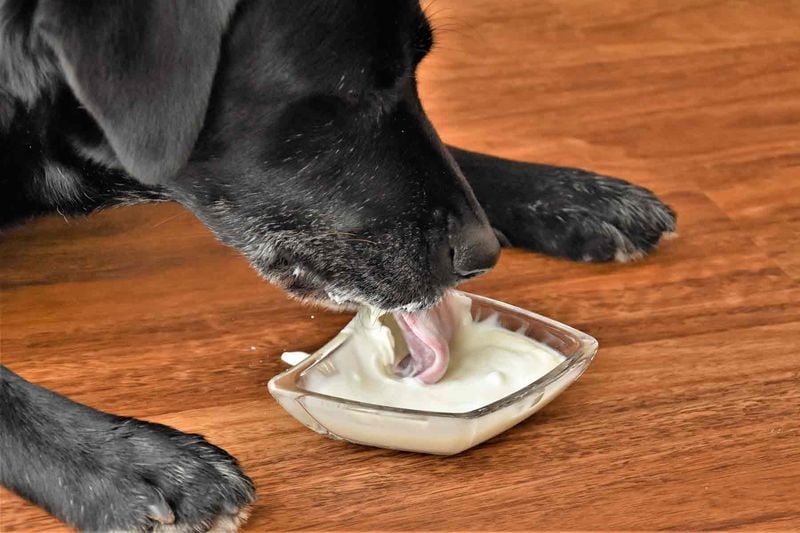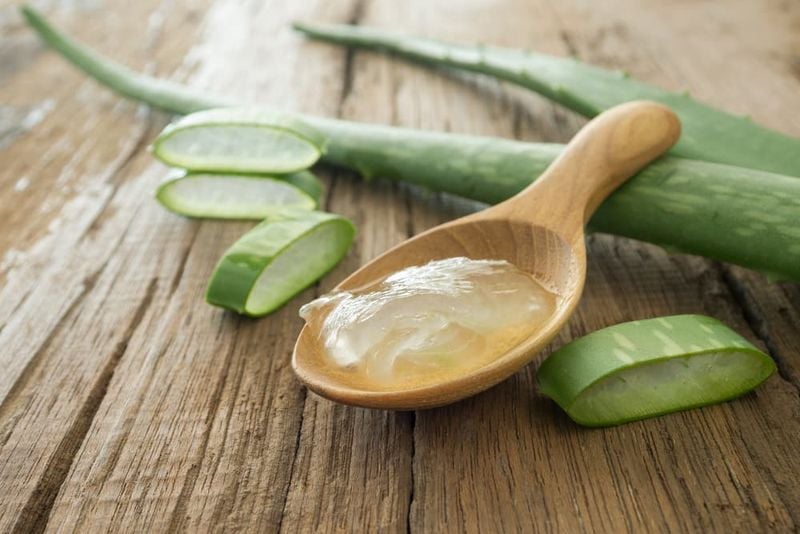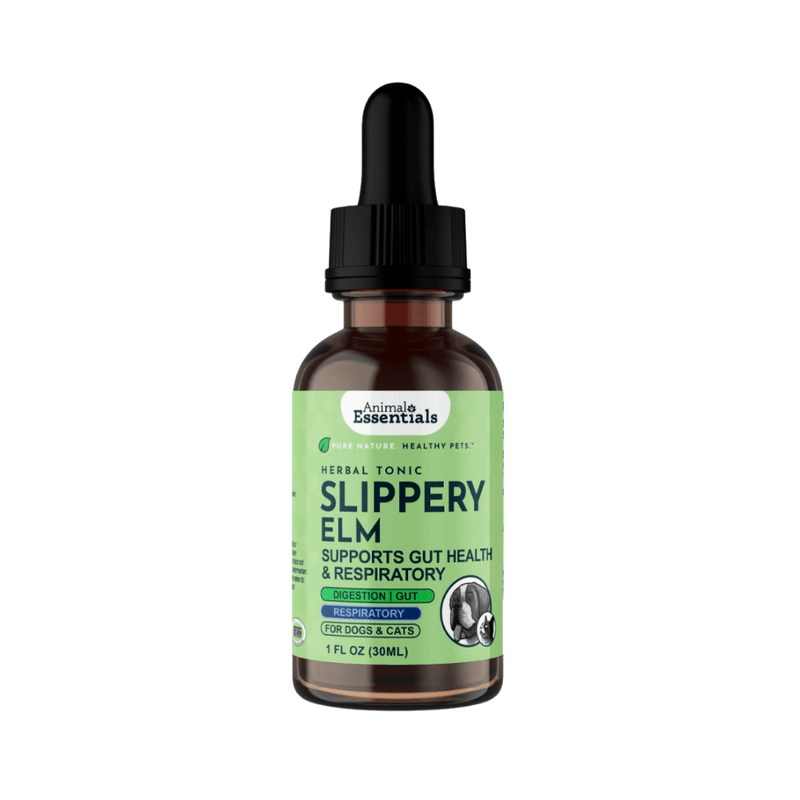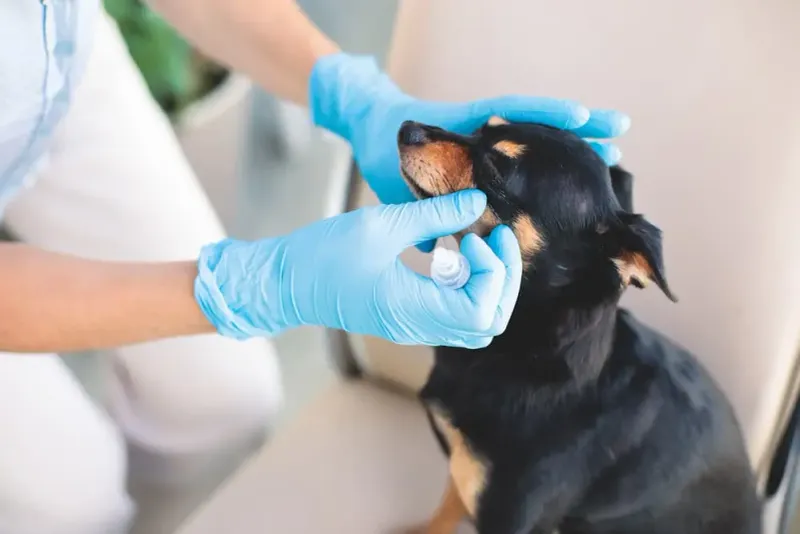15 All-Natural Dog Remedies Vets Secretly Approve Of
Our furry friends deserve the best care possible, and sometimes that means going back to basics with natural remedies. Many veterinarians quietly acknowledge the effectiveness of certain home treatments that can help with common canine issues.
These natural solutions often work alongside conventional medicine, providing relief for everything from itchy skin to upset tummies without harsh chemicals or expensive trips to the clinic.
1. Soothing Oatmeal Baths for Itchy Skin
Colloidal oatmeal works wonders for dogs suffering from seasonal allergies or dry, itchy skin. Simply grind plain, unflavored oatmeal into a fine powder and add it to lukewarm bathwater.
The natural compounds in oats create a protective barrier on your dog’s skin, locking in moisture and reducing inflammation. Many dogs find immediate relief after just one treatment.
For best results, let your pup soak for 10-15 minutes, making sure to keep the water from getting too cold. This gentle remedy can be used weekly without worrying about side effects that might come with medicated shampoos.
2. Coconut Oil Magic for Coat Health
Virgin coconut oil serves as nature’s moisturizer for canine companions with dry, flaky skin and dull coats. The medium-chain fatty acids penetrate deeply, nourishing from within while creating a protective barrier against environmental irritants.
Apply a small amount to your palms and massage it directly into your dog’s coat and skin. The warming touch of your hands helps the oil absorb better while strengthening your bond through touch.
Start with just a teaspoon for small dogs or a tablespoon for larger breeds. Too much can lead to greasy fur or digestive upset if licked excessively. Many vets recommend this twice-weekly treatment for remarkable shine and softness.
3. Pumpkin Puree for Tummy Troubles
Plain canned pumpkin (not pie filling) works like magic for both diarrhea and constipation in dogs. The high fiber content absorbs excess water in loose stools while also drawing moisture into hardened waste, creating the perfect balance.
Most medium-sized dogs benefit from 1-2 tablespoons mixed into their regular food. The mild, slightly sweet taste appeals to most canines, making this remedy easy to administer without a struggle.
Keep a can in your pantry for digestive emergencies – it stays fresh in the refrigerator for up to a week once opened. This gentle solution often resolves minor digestive upsets within 24-48 hours without medication.
4. Calming Chamomile Tea Treatments
Brewed chamomile tea cools into a gentle remedy for anxious pups and those with mild stomach discomfort. The natural compounds in this flowering herb have been used for centuries to soothe nerves and settle upset tummies.
For external use, spray diluted cooled tea on irritated skin or use it as a gentle rinse after bathing. Small dogs can benefit from a teaspoon of cooled tea added to water, while larger breeds may take a tablespoon mixed into food.
Chamomile works particularly well during thunderstorms or fireworks when anxiety peaks. Many vets appreciate this herb’s gentle approach to calming without the sedative effects of prescription medications.
5. Apple Cider Vinegar Ear Cleanser
Raw, unfiltered apple cider vinegar creates an acidic environment where yeast and bacteria struggle to survive. Mix equal parts vinegar and warm water for a natural ear cleaning solution that helps prevent infections before they start.
Gently dampen a cotton ball with the mixture and wipe only the visible part of your dog’s ear canal. Never insert anything into the ear canal itself. The mild acidity helps restore proper pH balance while dissolving wax buildup.
Weekly maintenance with this solution works especially well for floppy-eared breeds prone to moisture buildup. The distinctive vinegar smell dissipates quickly as it dries, leaving behind healthier ears without harsh chemicals.
6. Healing Calendula for Wounds
Calendula’s bright orange flowers contain powerful healing compounds that reduce inflammation and fight bacteria naturally. Create a simple wash by steeping dried petals in boiled water for 15 minutes, then strain and cool completely.
Apply this golden liquid to minor cuts, hot spots, or irritated skin using a clean cloth or spray bottle. The gentle astringent properties help clean wounds while stimulating healthy tissue regeneration.
Many veterinarians recommend calendula for its remarkable ability to soothe without stinging or burning sensitive areas. Regular application (2-3 times daily) speeds healing and reduces the risk of infection without the need for prescription antibiotics for minor wounds.
7. Probiotic Power for Gut Health
Plain, unsweetened yogurt with live cultures introduces beneficial bacteria that strengthen your dog’s digestive system naturally. Just one tablespoon for small dogs or two for larger breeds provides millions of helpful microorganisms that support better digestion and immune function.
These friendly bacteria help crowd out harmful pathogens while aiding in nutrient absorption. Many dogs recovering from antibiotic treatment particularly benefit from this gentle gut restoration approach.
For picky eaters, try freezing yogurt in small portions as a cooling treat during summer months. The cold texture often appeals to dogs while delivering all the probiotic benefits. Look for products containing Lactobacillus acidophilus for maximum digestive support.
8. Turmeric Golden Paste for Joint Pain
Curcumin, the active compound in turmeric, fights inflammation naturally in aging or athletic dogs. Creating a simple golden paste maximizes absorption and effectiveness for painful joints.
Combine 1/4 cup turmeric powder with 1/2 cup water, simmering until it forms a paste. Add 1-2 tablespoons of coconut oil and a generous sprinkle of black pepper to enhance absorption.
Most medium dogs benefit from 1/4 teaspoon daily mixed into food. Results typically appear within 2-3 weeks of consistent use. The vibrant yellow color might stain light-colored fur around the mouth, but the relief it provides makes this minor inconvenience worthwhile for dogs suffering from arthritis or recovering from injuries.
9. Aloe Vera Gel for Skin Relief
Fresh aloe vera gel straight from the plant provides immediate cooling relief for minor burns, insect bites, and skin irritations. The clear gel contains compounds that reduce pain, inflammation, and speed healing naturally.
Apply a thin layer to affected areas, being careful to use only the clear gel (the yellow sap can irritate). Most dogs tolerate this well, though you’ll want to prevent licking for 10-15 minutes while it absorbs.
Growing an aloe plant at home ensures you always have this remedy available. For convenience, pure aloe gel (without alcohol or added fragrances) works well too.
Many veterinarians recommend this as a first response to minor skin issues before turning to medicated creams.
10. Lavender Essential Oil for Anxiety
Properly diluted lavender oil creates a calming atmosphere for anxious dogs without medication. Never apply essential oils directly to pets – instead, add 1-2 drops to a diffuser placed in a well-ventilated area where your dog can move away if desired.
For topical use, dilute 1 drop of therapeutic-grade lavender oil in 1 tablespoon of carrier oil like coconut or olive oil. This mixture can be lightly applied to your hands and then gently stroked onto your dog’s back or chest during stressful events.
The natural compounds in lavender help regulate nervous system responses, reducing cortisol levels naturally. Many vets recommend this gentle approach for thunder phobia, separation anxiety, or travel stress.
11. Nourishing Bone Broth Boost
Homemade bone broth delivers concentrated nutrients that support immune function and joint health in a form dogs find irresistible. Simmer beef, chicken or turkey bones with a splash of apple cider vinegar for 24 hours to extract maximum nutrition.
The resulting broth becomes a protein-rich liquid gold packed with glucosamine, chondroitin, and healing amino acids. Freeze portions in ice cube trays for convenient serving – one cube for small dogs or several for larger breeds.
Dogs recovering from illness or surgery particularly benefit from this digestible nutrition source. Many veterinarians recommend bone broth as an appetite stimulant for picky eaters or seniors who need extra nutrition without the bulk of additional food.
12. Slippery Elm for Digestive Comfort
Slippery elm bark creates a soothing mucilage that coats and protects irritated digestive tracts naturally. This gentle herb works wonders for dogs suffering from occasional diarrhea, constipation, or general digestive discomfort.
Mix 1/4 teaspoon of slippery elm powder with a little warm water for every 10 pounds of body weight. The resulting gel can be added to food or administered by syringe for fast relief.
Most dogs tolerate the mild taste without objection. The protective coating helps reduce inflammation while allowing the digestive system to heal naturally. Many holistic veterinarians recommend keeping this remedy on hand for middle-of-the-night tummy troubles when clinics are closed.
13. Epsom Salt Soaks for Paw Relief
Epsom salt baths provide remarkable relief for dogs with swollen, injured, or irritated paws. The magnesium sulfate compounds reduce inflammation while drawing out splinters, grass seeds, or other foreign objects that may be causing discomfort.
Dissolve 1/2 cup of Epsom salt in a gallon of warm water and soak the affected paw for 5-10 minutes. Gently pat dry afterward, being careful not to rub tender areas. Repeat 2-3 times daily for acute issues.
This simple treatment works especially well for dogs who’ve been hiking on rough terrain or those suffering from seasonal allergies that affect their feet. The salt creates an environment where harmful bacteria struggle to survive while promoting healthy tissue healing.
14. Licorice Root for Allergy Itching
Licorice root contains natural compounds that mimic the body’s own anti-inflammatory corticosteroids without the harmful side effects. This makes it particularly effective for dogs suffering from seasonal allergies or environmental sensitivities.
Steep 1 teaspoon of dried licorice root in a cup of hot water for 10 minutes, then strain and cool. Apply this tea to itchy spots using a clean cloth, or add a small amount (1 teaspoon per 20 pounds of body weight) to food.
The glycyrrhizin in licorice helps reduce histamine reactions while soothing irritated skin. Many integrative veterinarians recommend this herb as a gentle alternative to prescription medications for mild to moderate allergic responses.
15. Goldenseal Eye Wash for Minor Infections
Goldenseal’s natural antibiotic and anti-inflammatory properties make it effective for treating minor eye irritations in dogs. The berberine compound fights bacteria while reducing redness and discomfort without harsh chemicals.
Create a mild wash by steeping 1/4 teaspoon of goldenseal powder in 1 cup of boiled, cooled water for 10 minutes, then strain thoroughly through coffee filters. Use a clean dropper to apply 2-3 drops to the affected eye 2-3 times daily.
This gentle solution works best for early-stage irritations with clear discharge. Any eye with colored discharge, severe redness, or pain requires immediate veterinary attention. Always store unused solution in the refrigerator and discard after 3 days.


